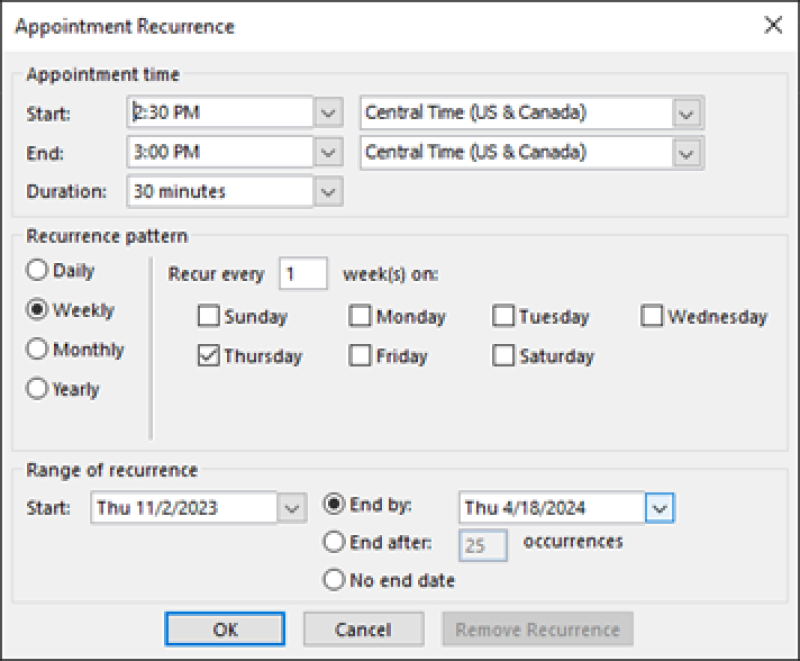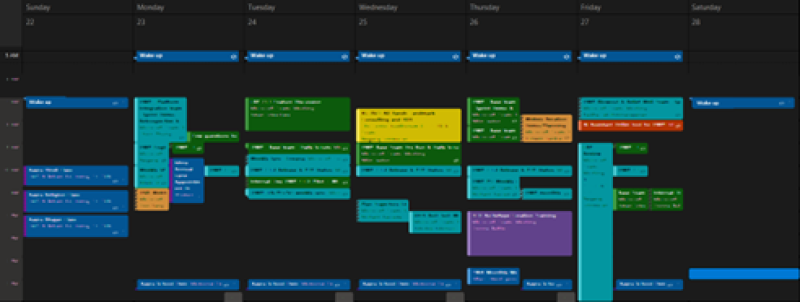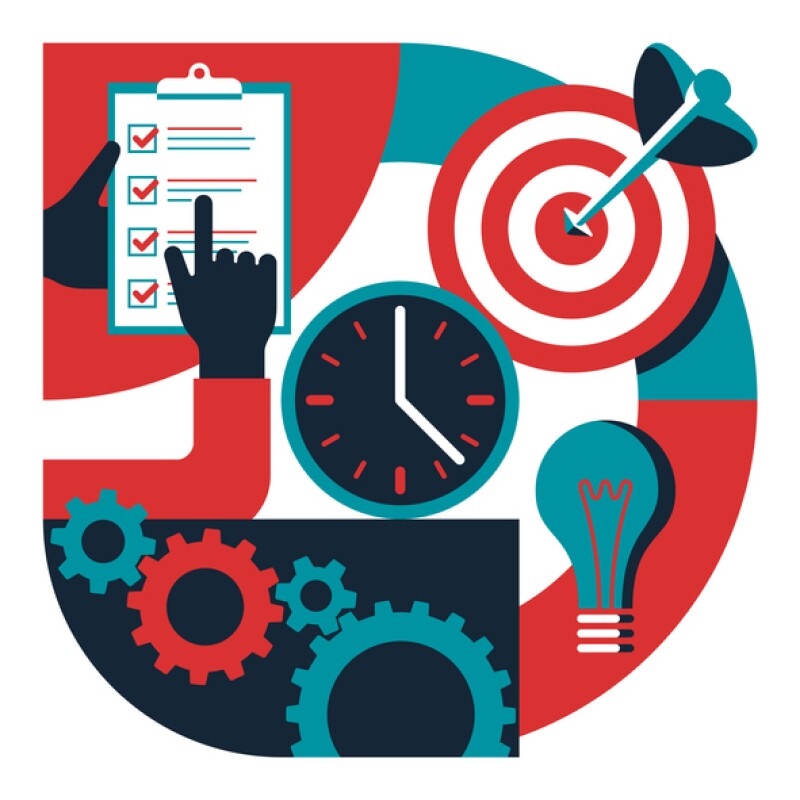“Life is what happens while you are busy making other plans.”
With growing digitization, the world around us is rapidly shrinking so much that it fits in the palm of our hands. We can communicate with anyone anywhere in the world within a matter of seconds which seemed impossible just a few decades ago. Information or data is more valuable than regular concepts of valuation such as money, gold, or any other commodity. We can learn any skill or gather any kind of information very easily.
But this also brings a negative impact on our lifestyles, especially for young professionals. Information overload, procrastination, peer pressure, and instant gratitude lead to anxiety and depression. While on one hand some might be influenced by watching a peer grow in their career, others may feel negatively about it. Unfortunately, the latter has a larger population, and we all find ourselves in a situation where we do want to contribute outside our working curriculum, but we just don’t have time.
So here are 7 tips and tricks that can help to boost your efficiency and productivity. Most of these have been personally tested by me and found useful.
Before I begin, I do not claim that I am the most productive and efficient person. But these tips and tricks have helped me in improving my lifestyle and work-life balance.
1. Live by a Calendar
Having a calendar helps as your personal timekeeper and allows you to track your day(s). Google calendar, iPhone calendar, Outlook calendar, and many more can be used—all having their own personal caveats but primarily the same functions. The trick is to understand how to leverage the full potential:
- Use the recurring feature in the calendar for anything that repeats, for example, office hours, weekend meetups with friends, gym time, library, or playtime hours with kids, even mealtimes, etc. Here is an example from Outlook on how to set up a recurring event.

For example, I scheduled the extracurricular classes that my daughter has. It is very useful as I can now easily figure out what times of the evenings or weekends are free. I can then schedule a family movie night or go around the city with my family.
Put a 1-minute appointment in the calendar for the time you wake up (and maybe for time you go to sleep too). Make it recurring for every weekday (keep a separate recurring wake-up appointment for weekends, if you like to sleep till late on weekends, like me).
This helps to identify the time you wake up till you start your daily office hours.
For example, I usually start my day at 7:00 a.m. Although I work from home, I try to maintain a schedule for myself. Since I start work at 7:00 a.m., I wake up at 5:00 a.m. That leaves me 2 hours to get myself ready for my office (shave, shower, breakfast, etc.).

Try to put an address for every appointment. Again, this helps in figuring out the travel time. Almost all calendars now can actively tell you when a good time will be to leave depending on your current location and traffic conditions, and trust me, it's a blessing!
Try to put even your personal appointments on the calendars. Almost all calendars at work have the ability to mark an event as “private”. This will help you keep your personal appointments confidential and still have a good look at your day. These can include your doctor’s appointment, dentist appointment, bank visits, calling a friend/ family, meeting with friends in the evening, etc.
Color code your meetings. This is very helpful in making your calendar look good and understand where you are spending your time. Having a different color code for personal meetings and for different projects at work helps in quickly knowing what is coming up next or what the day looks like.
Use fake meetings: There are times when you just want to sit and focus on something but keep getting bombarded with messages from colleagues. Putting fake meetings helps in blocking your calendar and then focusing on your work.

This all may sound like a lot of work to do. Setting this up for the entire year took me about 40 minutes. I now have my calendar set until May 2024 and I know precisely the days I will be off and when my next doctor’s appointments will be. Also, now I am very fast in setting up appointments on my calendar and I can proudly tell anyone to look at my calendar to find when I am free. Living off of your calendar can prove to be very helpful.
2. Post-it Notes: This sounds very low-tech after talking about digitized calendars, but some things can never be replaced. Keep a bunch of Post-it notes on your workspace. And yes, some pens and Sharpies. These are extremely helpful in taking quick notes and reminding of what needs to be done.
3. Whiteboards: If possible, keep a whiteboard. Whiteboards are a great way to keep track of the activities and potential ideas/upcoming tasks. They are also great for brainstorming or workflow mapping. Whiteboards truly have limitless advantages, if used effectively and neatly. I try to use mine as a reminder of the tasks I have to do, it usually is filled with various ideas, tasks, and Post-it Notes.
4. Reminders on the Phone: Almost everyone carries a phone. Use it to remind you of very simple things. This takes the burden off your shoulders to keep track of minor things. And yes, you can mark these in your calendars as well.
- Review and pay bills every month
- Replace the filter for the A/C units
- Replace the electric toothbrush heads
- Call the insurance company
- Car oil change in 6 months
5. Subscribe to Social Media Accounts: There is some great content available on YouTube, X, LinkedIn, and Facebook which offer true and verified information with proper references. Follow these social media handles to enhance your general knowledge. I can imagine it is relaxing to read some gossip about your favorite celebrity and of course nothing beats a cute puppy video, but having content from enriching sources will ensure your phone time is well utilized. My personal favorite social media accounts are LinkedIn and YouTube, and they have great content creators who are passionate about what they do. I recently subscribed to a channel on YouTube that taught PowerPoint presentation skills and it has been extremely helpful in gaming up my presentation slides.
6. Restrict Phone Time: Regardless of how great the content creator might be, we all can agree that we spend a large amount of time on the phone throughout the day. Almost all smartphones have a screen-time reporting widget or app which allows you to understand how much time you are spending on the phone. Take it as a task today and figure out how much time you spend on your phone. Use the widget to see what apps in the phone you use most of the time. You can block your time for a certain app and see if it helps you reduce your phone addiction. From personal experience, I can say that it helps. I was personally able to reduce my average screen time from 4 to 2 hours/day.
7. Bring Small Changes in Your Habits. This is probably the most powerful method of all. Bringing small changes in your daily habits can prove to be extremely beneficial in the long run. It may seem at an early stage that achieving a bigger goal is an impossible task. It is good to have a bigger goal to achieve (I want to be the CEO of a company, I want to earn millions of dollars through stock trading, I want to run a marathon, etc.), but if you only think of that one goal in mind it becomes overwhelming and seemingly impossible to do.
Studies have shown that incremental changes in your daily habits are the key to achieving success. Motivation does not come from outside, but from achieving success with incremental small goals. For instance, here are some basic changes to bring in your daily life to be more productive.
1. Have a fixed time to start and stop the office work.
2. Don’t eat at your desk (at the office or at home). Keep a different place to eat and a different place to work.
3. Find time slots to keep your hobbies. With growing work and family, it is hard to pursue your hobbies. I like to read but I slowly drifted away from it due to too much work and growing a family. Now I read when I take my daughter to her martial arts lessons. This helps me have a quiet reading space for about 45 minutes, two to three times a week.
4. Wake up just 5 minutes earlier than you normally would. If you have a fixed time to wake up (with an alarm), just reset that alarm 5 minutes early. You will be surprised to see how much you have gained.
5. Convert your daily tasks to a goal.
While my coffee is brewing, I will do 10 push-ups., While my food gets warmed up in the microwave for 1 minute, I will plank for 1 minute, and I will first read at least 2 TWA articles before I go to my movie channel.
8. Make a Checklist. If you evaluate carefully, most of your tasks may not be very time consuming. For instance, several emails may just require one sentence as a reply, but it may seem like a big task to do. Have a checklist of items to do every day (on your whiteboard or Post-it-Notes or notebook) and check them off as you complete them. It is an immensely satisfying thing to do and boosts your morale more than any motivational video. Replying one sentence to that email will now seem like a small and satisfying task.


